EDITORIAL: To PARCC, or Not to PARCC

March 19, 2015
As a high school senior, I can say with confidence that I have experienced everything that New Jersey’s education system has thrown at me. I have taken the NJASK, the HSPA, and have fully submerged myself in the constant preparation for the SAT. However, there is one test that I am happy to say that I do not have to take: the PARCC.
The PARCC test, which stands for the Partnership for Assessment of Readiness for College and Careers, is, according to the PARCC website, “a group of states working together to develop a set of assessments that measure whether students are on track to be successful in college and their careers.” Right off the bat, a red flag is raised in my eyes. The test is designed for children as young as third grade and as old as eleventh grade. My immediate thought is why a third grader should be even thinking about college in the first place. Children in third grade are just learning what it takes to become a sophisticated student. They have been introduced to reading, math, science and other subjects in years past and are learning to explore new avenues and learning to love to learn. As a student myself I can strongly affirm that constant testing does not encourage a student to love what they are doing. A third grader learning a science curriculum would be much more interested in an engaging demonstration about states of matter with physical examples to look at and to touch rather than reading an article about the same concept and answering questions about it. In my opinion, small children do not learn by being drilled with questions that they are not interested in. They learn by having fun, a concept that seems to have been lost on many education officals as of late.
In addition to the inappropriate age range for children taking the test, the teachers are under constant pressure to prepare their students for the state mandated examination. I recently spoke to one of the young girls that I babysit. She was so overwhelmed by the amount of studying she had to do and was really confused about the lack of teaching going on in the classroom. She told me that teachers were more concerned with preparing students for the PARCC than actually teaching them the curriculum. Is this what we want for our children? This child is in 6th grade and can already see the negative effects of the test. Teachers should be focused on teaching students information that is enriching their education rather than being forced to constantly test them with practice problems.
The PARCC testing will not only take a large amount of instructional time away from students, but it will also cost a lot of money. According to Diane Ravitch, a historian of education and an educational policy analyst, “In 2010-11, the US spent 1.7 billion on state standardized testing alone. Under CCSS, this increases. The PARCC contract by itself is worth over a billion dollars to Pearson in the first three years.” The expenses for new computer systems for schools not equipped with the proper technology to take this test must also be factored into the overall cost.
In addition, the PARCC testing is by no means a traditional pencil and paper test. Students complete the test on their computers. This concept is something that is not completely new to the younger students, but it is quite strange for the older ones. Eleventh graders who did not grow up with iPads or Macbooks are not used to this style of testing. As a result, taking a reading comprehension test on a computer can be quite difficult for a child who has been taught his whole life to underline passages, flip through the pages, and go back into the story for evidence. It’s not as simple to mark up pages when the only aid you are equipped with is a highlighting tool. It might be enough for some students, but for children who did not go through elementary school with all of the new technology, navigating through the test might not be the most simple task for them.
Not only is Pearson concerned with incorporating technology into the tests, they are also concerned with monitoring it. It may come as a shock to some students and parents, but Pearson reserves the right to monitor students’ social media accounts during testing periods. That means that the company is monitoring everything that students put out into the open. It’s not a surprise to students that anyone can see what they post online, but an educational company looking at our information seems a little like Big Brother to me. According to nj.com, the superintendent of Watchung Hills School District was contacted by Pearson to inform her that a student had tweeted information about a PARCC test question. The superintendent, Elizabeth C. Jewett, commented that Pearson’s actions were a “bit disturbing.” Although Pearson does have the right to view anything posted on the internet, is it really okay for such a corporation to have that much power? I don’t think that it’s realistic to expect kids not to talk about a test they have just taken. I remember in elementary school, we were always told not to discuss any questions on the NJASK, or we would be in big trouble. What did we do right after the test was over? We talked endlessly about specific questions from the test, and we never got in trouble. It seems as if social media is this generation’s method of communication, so who can blame them for doing things that kids have done for ages? Perhaps it is the time in which they are growing up, where a lot of information is out in the open, so they are more prone to be reprimanded for their actions. Either way, I believe that students should be able to say whatever they want about the test, and as long as they are not posting the answers to the test or saying anything that endangers others, they should be left alone.
It’s a simple fact: kids do not enjoy taking tests. I’ve never once heard someone say that they were excited to take a quiz on trigonometry or an exam on Shakespeare. To be honest, kids don’t like to do a lot of things that we have to do. But I’ve had a lot of teachers who have made learning fun and enriching for me, without slamming me with standardized tests. The lessons I remember most are the ones I was able to have fun with. I feel bad for the younger generations because they are living in a world that I would never want to live in. Kids have plenty of time to worry about college and career readiness. For now, they should have the freedom to just be kids.








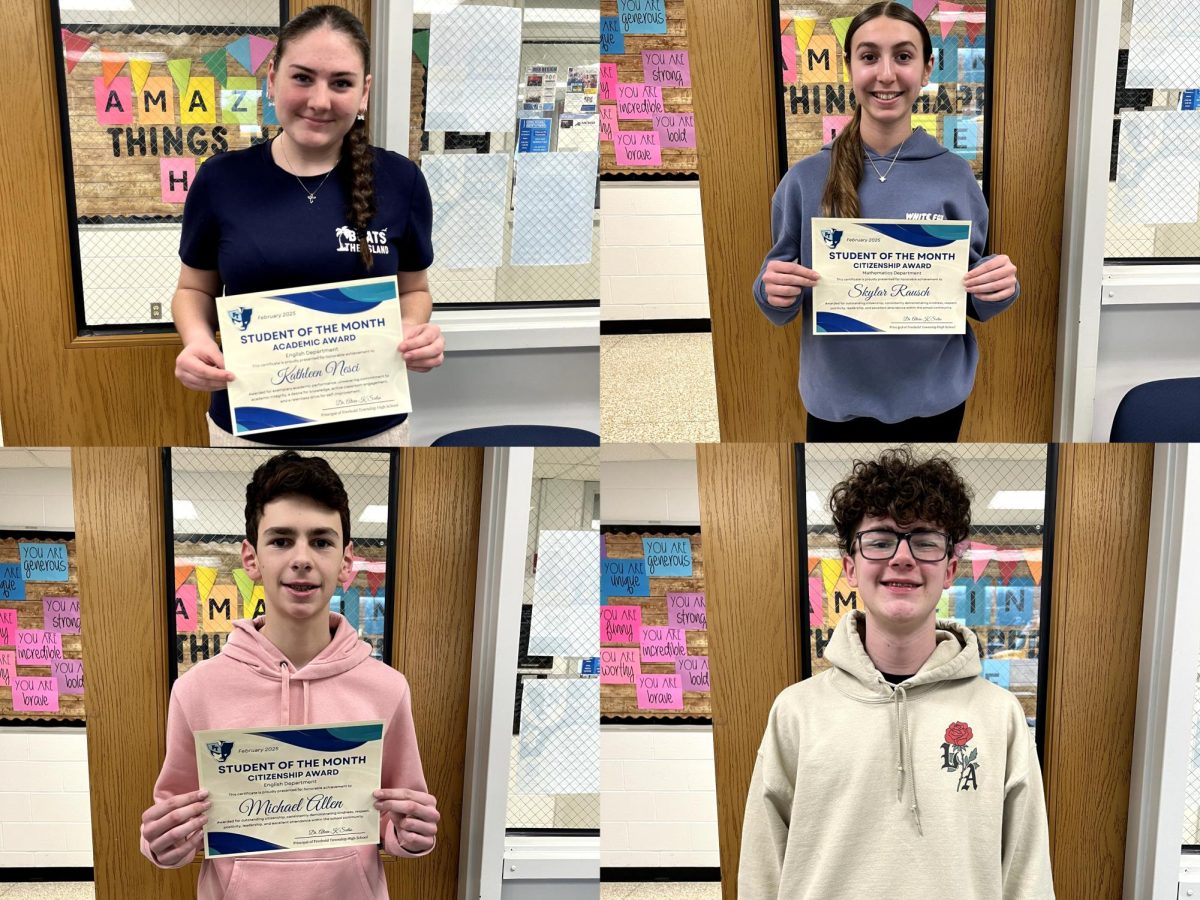
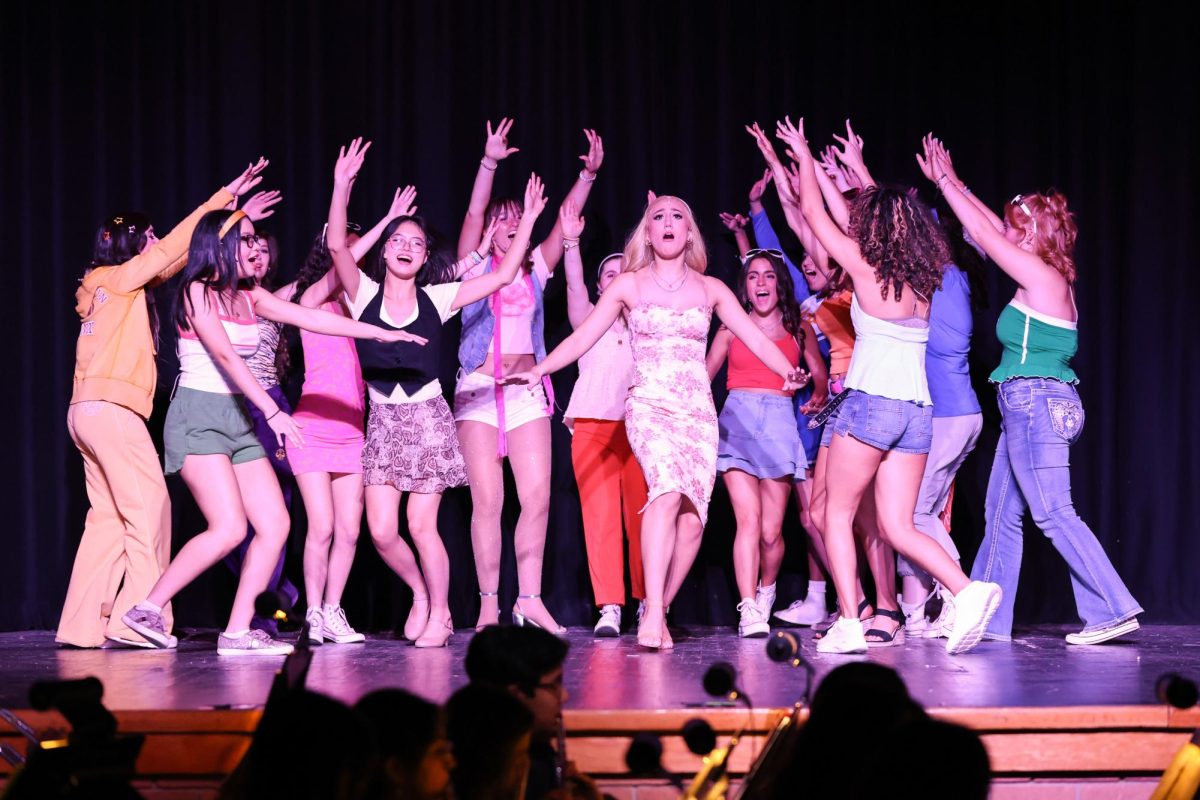






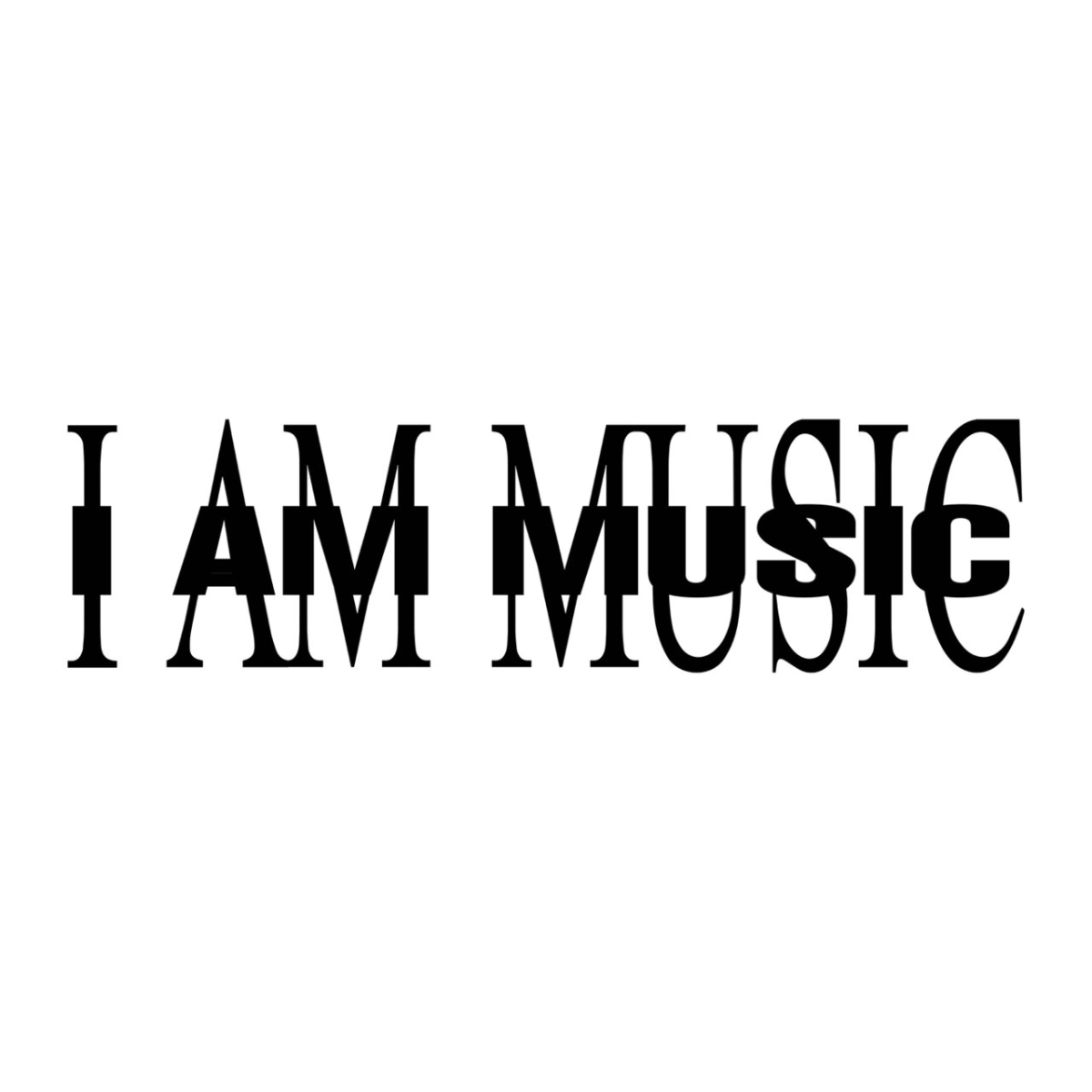
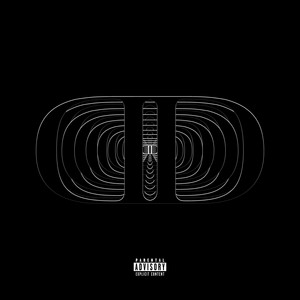







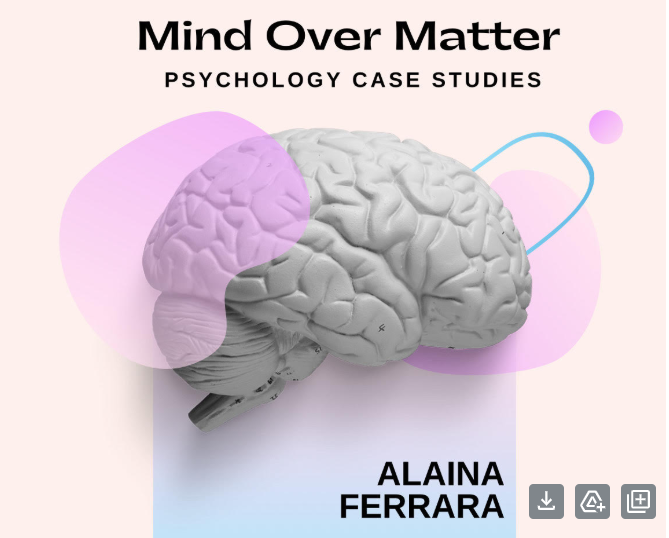





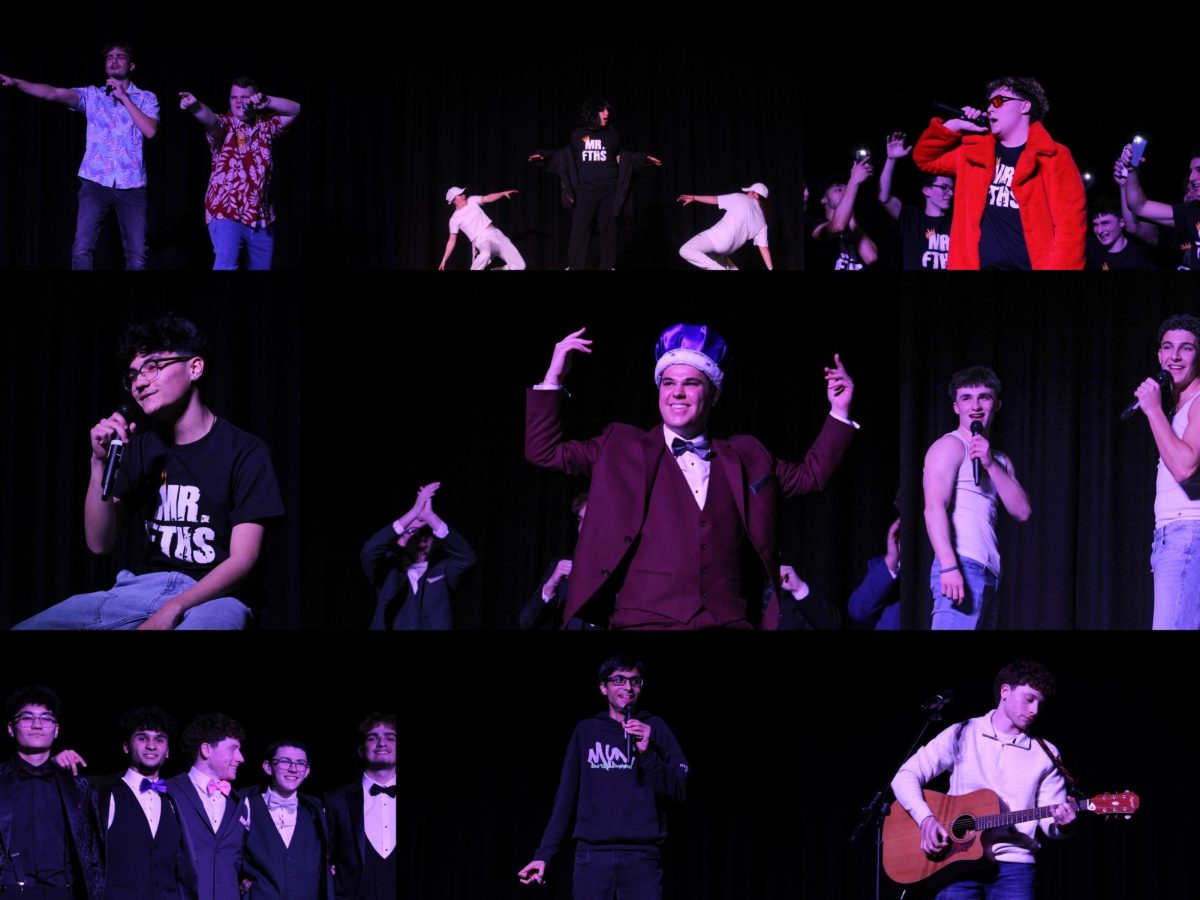






















Mrs. Richardson • Mar 20, 2015 at 9:36 pm
Thoughtful and well-written editorial, Abbie!